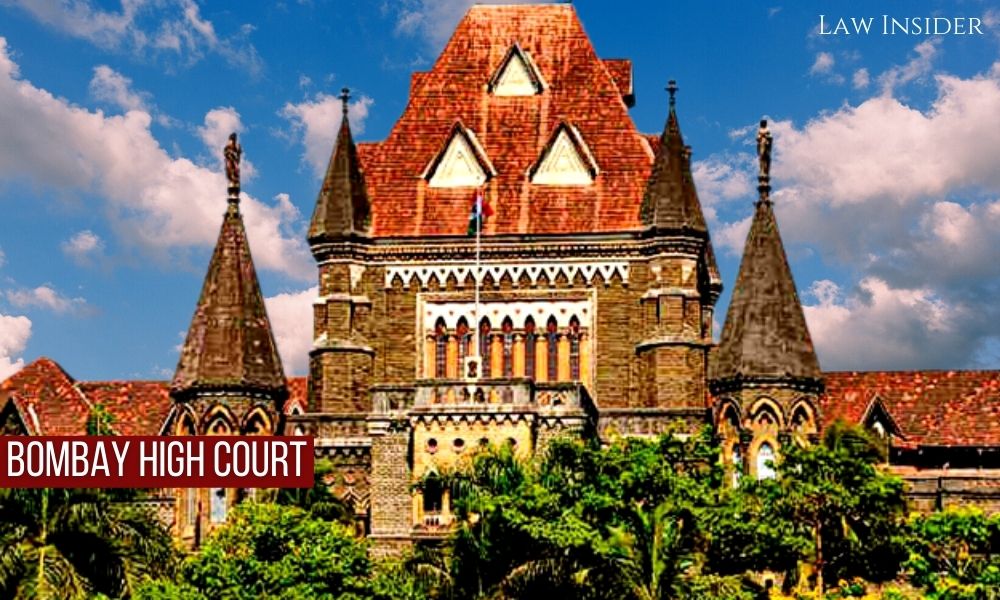LI Network
Published on: December 27, 2023 at 06:50 IST
The Bombay High Court, under the bench of Justice Manish Pitale, has clarified that seeking a remedy under the SARFAESI Act does not preclude arbitration proceedings.
The Court emphasized that both remedies serve distinct stages of debt recovery and can coexist.
The Court highlighted that the SARFAESI Act lacks provisions for debt crystallization, focusing solely on enforcing already crystallized debt. Therefore, financial institutions covered by the SARFAESI Act can resort to the Arbitration and Conciliation (A&C) Act for debt crystallization.
Case Background:
The legal dispute arose from a financial arrangement between the petitioner (a financial institution) and the respondents involving loans for vehicle acquisition. Loan-cum-Hypothecation-cum-Guarantee Agreements with arbitration clauses formalized the arrangement.
Initially, the respondents complied with payment terms, but defaults occurred later. The petitioner invoked the arbitration clause when one financed vehicle was sold by the respondents, fearing more defaults and potential vehicle disposals.
To address this, the petitioner filed petitions under Section 9 and an application under Section 11 of the Arbitration and Conciliation Act, 1996.
Contentions:
The respondents argued that, being a financial institution under the SARFAESI Act, the petitioner should approach the Debt Recovery Tribunal (DRT), asserting that arbitration was not a viable option.
The respondents claimed SARFAESI Act exclusivity, contending that arbitration is prohibited when the special tribunal avenue is available.
The petitioner countered that the objection misunderstood the law. Designation as a financial institution under the SARFAESI Act doesn’t extend to the Recovery of Debts Due to Banks and Financial Institutions Act, 1993 (RDDB Act). Debt determination disputes, crucial for arbitration, fall outside the SARFAESI Act’s scope.
Court Analysis:
The Court stressed the petitioner’s specific financial institution status under the SARFAESI Act, not extending to the RDDB Act.
It clarified that the SARFAESI Act lacks provisions for debt crystallization, making arbitration a legitimate avenue for this purpose.
The court held that a debt to a financial institution solely under the SARFAESI Act is arbitrable, distinguishing it from a debt to a financial institution covered by both acts, which is non-arbitrable.
It noted that the RDDB Act exhaustively covers debt determination and recovery, while the SARFAESI Act focuses on debt enforcement.
Conclusion:
The Court dismissed the respondents’ objection, affirming the arbitrable nature of disputes. Interim measures were granted, appointing a receiver, attaching the respondent’s bank account, and appointing an arbitrator to adjudicate the disputes.
Case Title: Tata Motors Finance Solutions Ltd v. Naushad Khan, Commercial Arbitration Petition (L) No. 8654 of 2022

